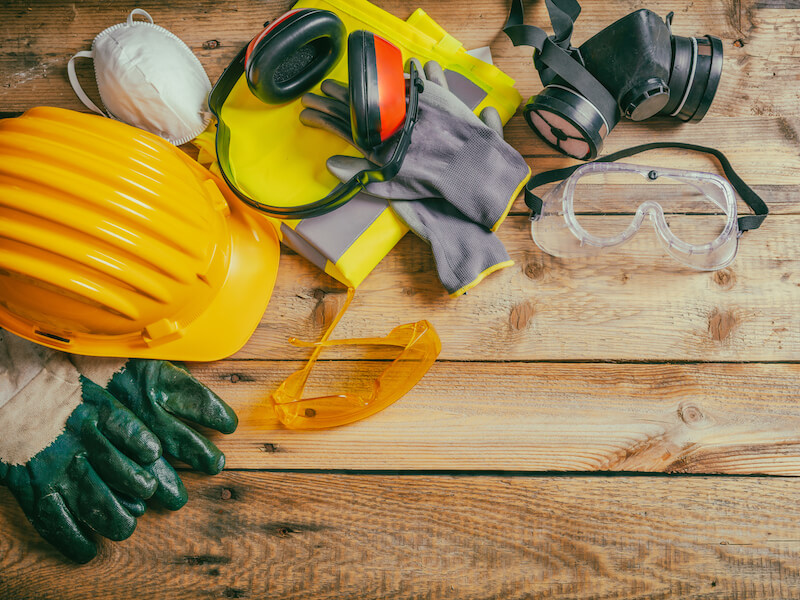
About two million workplace injuries are reported each year. Typically, we think about a hand caught in a piece of machinery or a flying projectile when we consider work-related injuries.
But the most prevalent workplace injury is much more pernicious and frequently goes unreported. Over the course of several years, it will sneak up slowly on people. Most people don’t even notice it’s happening until it becomes severe. People often make excuses. “It’s just part of aging” or “It’s a temporary issue”. This response is common.
Many people don’t even recognize it was related to their workplace environment.
The insidious injury is damaged hearing. There are a number of warning signs you should recognize, and there are significant steps you need to take if you suspect the damage is already done.
Exactly When Does The Volume Become “Too Loud”?
Your hearing can be permanently damaged with regular exposure to as little as 85 decibels (dB) over a long period. For reference, a vacuum runs at about 75 decibels dB. Eighty-five dB for a lawnmower. If you’re exposed to a chainsaw or leaf blower you’re experiencing 100 dB. And the volume of a gunshot logs in at 140 dB.
How loud is your workplace? Are you being exposed to the most common workplace injury? Over time, your hearing is likely to be damaged if you are regularly exposed to sound as loud as a lawnmower, even if it’s not constant.
Signs of Hearing Injury
If you work in a noisy environment, there’s no question you’re damaging your hearing.
Your experiencing hearing loss if you notice any of the following symptoms:
- When you talk with people you constantly think they are mumbling.
- consonants get confused – “Todd” sounds like “Dodd,” for instance.
- Loud sounds cause pain in your ears.
- You can’t understand the person speaking if there’s background sound.
- Conversations sound muffled.
- You frequently ask people to repeat themselves.
- People are always complaining about the high volume of your media devices.
- When people speak, you tend disengage.
- You’re hearing noises in your ears like ringing, hissing, or whistling.
How is Hearing Damage Being Addressed by Employers?
Businesses and organizations are using the most recent technology to reduce workplace noise in overly loud environments. Government agencies are working to modify guidelines that will reduce workplace noise and protect employees.
As more employees become aware of the chronic damage they have endured as a result of workplace noise, they are speaking out. With time, their voices will lead to further change.
Preventing Further Damage
If you work in a noisy environment, the smartest thing you can do is safeguard your ears before any damage is done. Potential damage will be reduced by wearing protective earmuffs or earplugs.
If you suspect your hearing has been damaged by a noisy workplace, schedule a hearing test as soon as possible. You will discover how to counter further damage when you find out how much hearing damage you have. We address any hearing damage you already have and formulate strategies to help you counter any further damage.